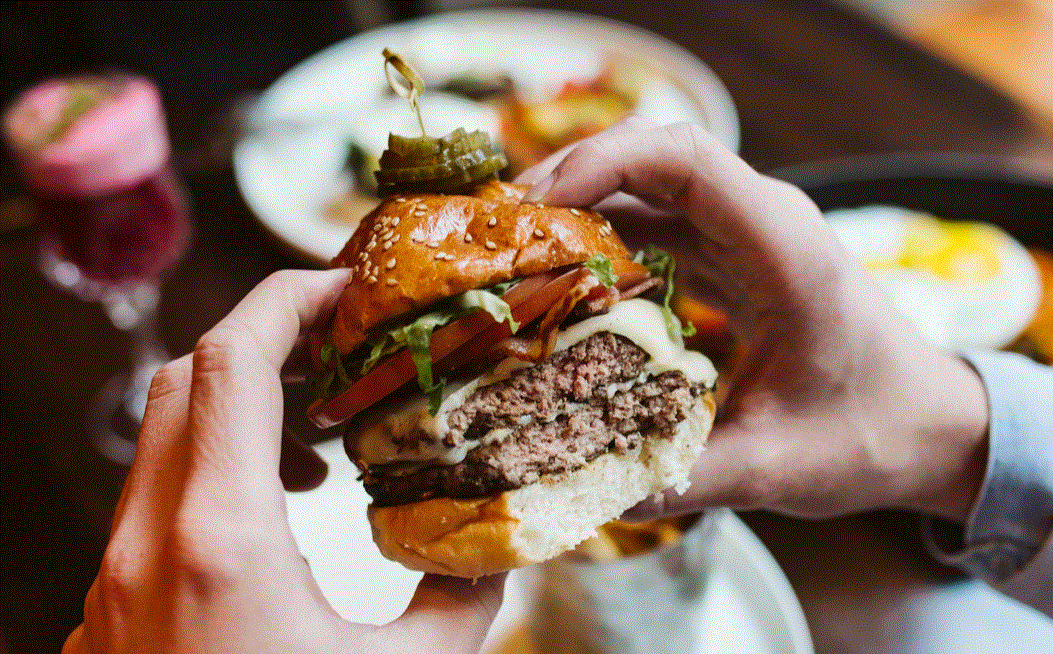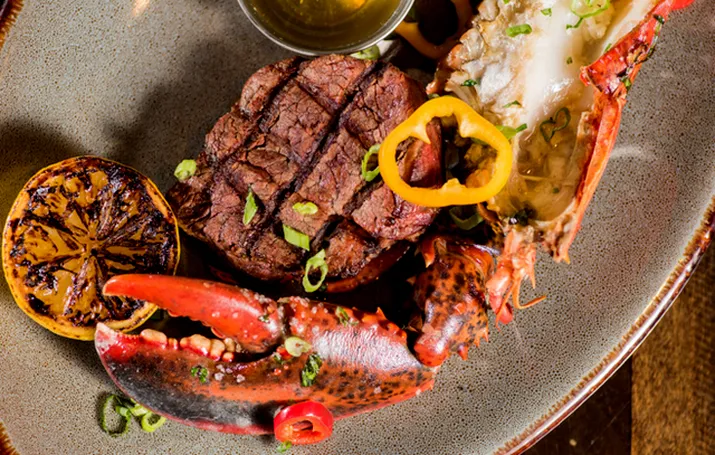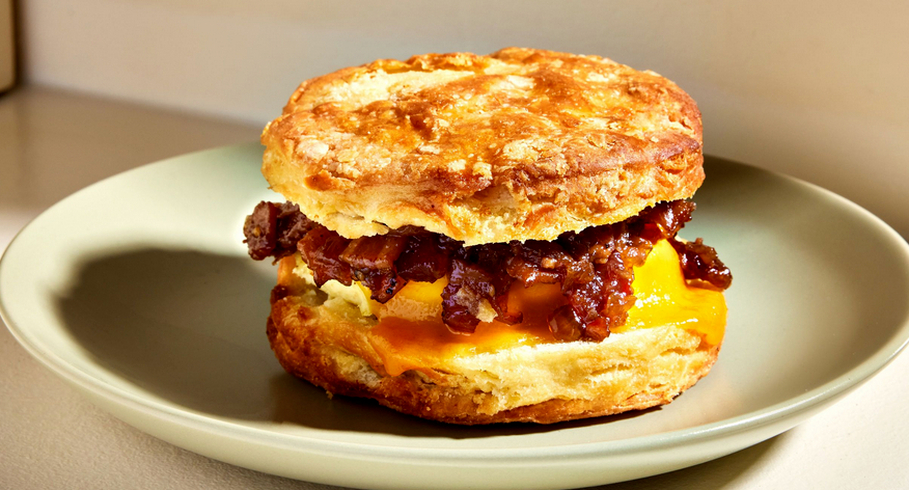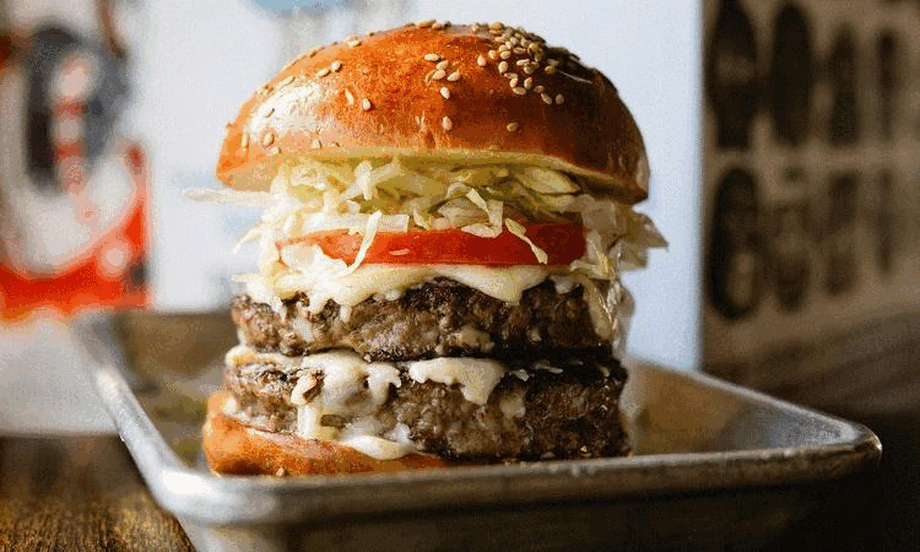PHILADELPHIA - There are many ways to stay cool during a heat wave. Follow these tips to keep yourself, your pets, and your elderly relatives safe. You should also avoid leaving your children and elderly relatives unattended in a car or near water. Try to limit outdoor activities during hot weather and apply sunscreen frequently. Children and elderly people should dress in loose, lightweight clothing and be encouraged to drink plenty of water. Sugary or alcoholic beverages can make dehydration worse.
Staying cool during heat waves
Limiting your physical activity is the best way to stay cool during a heat wave. If you're exercising, try to limit your time, and make sure to take frequent breaks. Children should stay indoors if the temperature is too high. If you're with elderly or sick relatives, keep a watchful eye for warning signs of heatstroke. It's important to know that many people confuse heatstroke with heat exhaustion, but the former is potentially more serious.
Older people are particularly susceptible to the effects of extreme heat. Older adults don't adjust to sudden changes in temperature as well as younger people. They also have chronic medical conditions or maybe taking prescription medicines that increase their risk of heat-related illness. Regardless of age, it's imperative to stay cool during heat waves. Heat-related illnesses are particularly dangerous for children and the elderly. Heat-related deaths account for the majority of fatalities during heat waves in the United States.
Preventing heat-related illnesses in older adults
Older adults are particularly susceptible to the effects of heat, and it is particularly important for them to be protected from the sun's rays. While most heat-related deaths in the United States occur among young people, older adults do not adjust to sudden changes in temperature as easily as their younger counterparts do. Additionally, older adults often have chronic medical conditions or take prescription medications that interfere with their ability to regulate their body temperature.
Older adults should stay indoors during the hottest hours of the day, if possible, to prevent heat-related illness. If it is impossible to stay indoors during the hottest hours, it is important to seek shaded areas and cool public places, such as malls or movie theaters. In addition, older adults and children should be advised against leaving their cars in extreme temperatures since the inside of a car can reach dangerous levels of heat in a few minutes.
Keeping pets cool during heat waves
Even though keeping pets cool during heat waves is not as dangerous as it is for people, it is crucial to keep them safe from heatstroke, which can be life-threatening. Provide fresh water, shade, and water bowls with ice. Dogs love lakes, streams, and rivers to cool off, but be careful to avoid areas with toxic algae blooms. Call your veterinarian immediately if your pet is not responding to your efforts to keep them cool.
Keeping pets cool during heat waves can be difficult, but it's not impossible. Provide cool water for them, as they do not respond to heat the way humans do. Keep them in the basement or a cool room during hot weather. Add ice to their water bowl if you can't keep them in the basement. If you have a dog, consider using a tarp or tree to shelter them from the heat. Do not place dogs in doghouses, as they do not provide relief from the heat and can actually make them hotter. Consider making homemade peanut butter popsicles for them and serve them cold. If possible, bring a cool bowl of water for your pet at all times.
Dealing with cabin fever during heat waves
While a day or two in a hot climate might be relaxing, a week or more of high temperatures is hazardous for your health. If you can't stay inside, plan fun activities to keep your kids active and occupied. Kids with cabin fever are more likely to get dehydrated, and it is dangerous for them to remain in an air-conditioned room for prolonged periods. Try watching movies or playing board games instead of allowing them to stay indoors.
Older people are more susceptible to the effects of extreme heat and humidity. If you notice any of these symptoms, call your doctor for advice. Heat exhaustion can be fatal for older adults. This illness can cause confusion, dizziness, nausea, and high body temperature. Stay indoors, and use air conditioning to help keep cool. Even children can experience heat exhaustion. If you suspect a heat-related emergency, call your doctor immediately.




